Food Justice and Security Starts at Home
Food is at the forefront of many people’s minds today, with daily news channels reporting on foods to avoid for health reasons, food safety recalls almost daily, foods that a new study has shown will fight this or that disease, the growth of farmer’s markets and endless debates on local, sustainable food. Some articles and organizations trumpet the dire need to “feed the world”, while others are talking about feeding ourselves. There is ample evidence that food waste is a serious problem and that distribution systems are the culprit. Food has become noticeably more expensive over the past couple of years, with higher prices expected due to this year’s hard drought across much of the Midwestern US.
What’s a person to do today about sourcing and eating real, good and healthy food? One excellent example is that of Hnin W. Hnin, or more specifically, her mom. That’s right, her mom – a local, sustainable, cultural food hero to her family and an example of what is possible for everyone. Hnin’s family immigrated to New York over 25 years ago, but her mom has faithfully kept their cultural food traditions alive by cooking daily. She shops at the local farmer’s markets when she can, and the supermarket or discount stores when she can’t. She doesn’t cook every day to be hip, trendy or because some article in some magazine said it was the thing to do. She does it because that’s how she has been able to keep her family fed all these years on a shoestring budget. They have cooked their traditional, cultural foods that have helped them keep their identities intact in a world that wants to assimilate and homogenize everyone and everything. We could learn some serious lessons from them. Americans have the blessings and simultaneous curse of having a melting pot culture. Many of us have no strong cultural identity to ground us today, and so are swayed by corporate advertising that promises us a better life or to make us feel better about ourselves if we eat this or drink that. We are lead to believe that healthy food is more expensive, when the exact opposite is more often the case.
Eating real, good and healthy food everyday is not just the realm of the wealthy or famous, as is sometimes thought when we see the prices of organic produce in a Whole Foods market. It is possible to eat well and not spend a fortune doing so. That is where food justice and local and sustainable agriculture comes in. Everyone is more engaged with a local agricultural community, from the producers to the consumers. There is much more transparency, so everyone has a higher stake in the process, with resulting higher overall quality. The Slow Food organization mission statement is for food that is “good, clean and fair”. There are no modifiers in that statement, so it applies to everyone, everywhere. By bringing together a focus on good food – healthy, tasty, chemical free with clean food such as organic, local and sustainable along with fair food that brings sovereignty, food access and fair wage and labor into the mix there is a community of diversity that has not been seen yet on the world stage that is food. There is some real potential here, a nationwide community that is as diverse as it is engaged, committed and passionate about “good, clean and fair” food for everyone. It is surprising to some to see the growth in decentralized, independent food communities and pathways that have appeared across the nation. It is of no surprise to others who have worked to make it happen, a little at a time.
Sustainable food is how we will eventually feed ourselves on this planet, either by choice or by force. The current system is patently unsustainable and will continue to create more damages than benefits as it grows and continues, until it collapses. By definition, we will arrive at a sustainable food system or we won’t arrive at all. Exactly how this sustainable system functions is very much a work and dialogue in progress, with everyone having a say in it. Good, clean and fair are excellent starting points to found this new paradigm, and continue the work of building a network of diverse local food communities that nourish all of us.


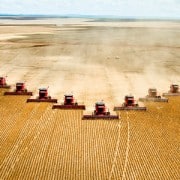
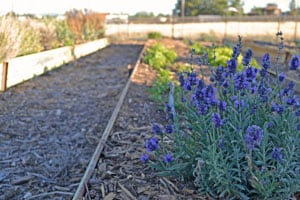
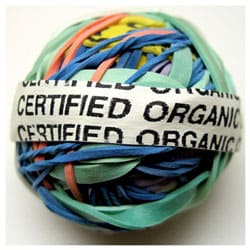
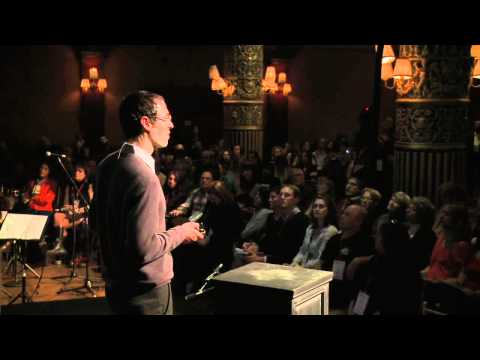

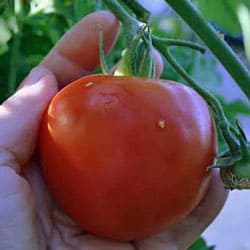

Leave a Reply
Want to join the discussion?Feel free to contribute!